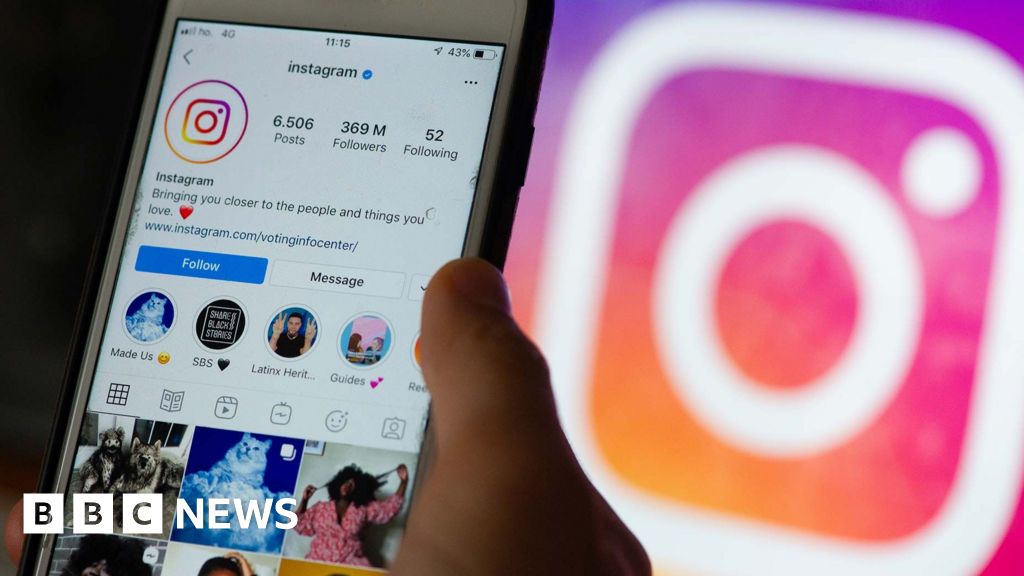Apple's Highly Anticipated Fall Product Launch Event

Introduction
Apple Inc. is known for its highly anticipated fall product launch events, and this year is no exception. The tech giant has announced that it will hold its big event on Sept. 9, where it is expected to unveil the latest addition to its iPhone lineup - the iPhone 17. With rumors of a new, skinnier version of the signature device, fans and tech enthusiasts are eagerly waiting to see what Apple has in store for them.
Key Details
The iPhone 17 is expected to have a sleeker design, with a thinner body and possibly a larger screen. This will make it easier for users to hold and use the device one-handed. Additionally, it is rumored that the new iPhone will have improved camera capabilities, including a better low-light performance and increased megapixels. There are also speculations of a faster processor and longer battery life, making the iPhone 17 a highly anticipated upgrade for Apple fans.
Impact
The release of the iPhone 17 will not only have an impact on Apple's loyal customer base but also on the smartphone market as a whole. With the ever-evolving technology landscape, Apple is under pressure to continuously innovate and meet the demands of its consumers. The launch of the iPhone 17 will set the tone for the future of smartphone technology and will likely influence the decisions of other tech companies in their own product
About the Organizations Mentioned
Apple Inc.
## Overview Apple Inc. is a global technology leader renowned for its innovative hardware, software, and services. Headquartered in Cupertino, California, Apple designs, manufactures, and markets smartphones (iPhone), personal computers (Mac), tablets (iPad), smartwatches (Apple Watch), digital media players, and a suite of accessories and wearables[2]. The company also operates a vast ecosystem of services, including Apple Music, iCloud, Apple Pay, and the App Store, which collectively form a significant and growing portion of its revenue[3]. ## History and Key Achievements Apple was founded in 1976 by Steve Jobs and Steve Wozniak, quickly making history with the Apple II, one of the first mass-produced personal computers[2]. The company pioneered the graphical user interface (GUI) with the Macintosh in 1984, setting new standards for user experience. After a period of decline, Apple’s resurgence in the late 1990s and 2000s was marked by groundbreaking products like the iPod (2001), iPhone (2007), and iPad (2010), which redefined entire industries. Apple’s integration of hardware, software, and services created a seamless ecosystem that fostered customer loyalty and drove industry transformation[2]. Apple became the first publicly traded U.S. company to reach a $1 trillion valuation in 2018, a milestone reflecting its dominant market position[1]. The company’s emphasis on design, privacy, and user experience has consistently set it apart from competitors. ## Current Status As of October 2025, Apple is valued at over $4 trillion, with annual revenue exceeding $400 billion and a share price around $270[1][2]. Despite a record year for services revenue and the launch of new products like the iPhone 16e and M4 MacBook Air, Apple faces challenges: a 19% year-to-date stock decline, heightened antitrust scrutiny, and intensifying competition in artificial















